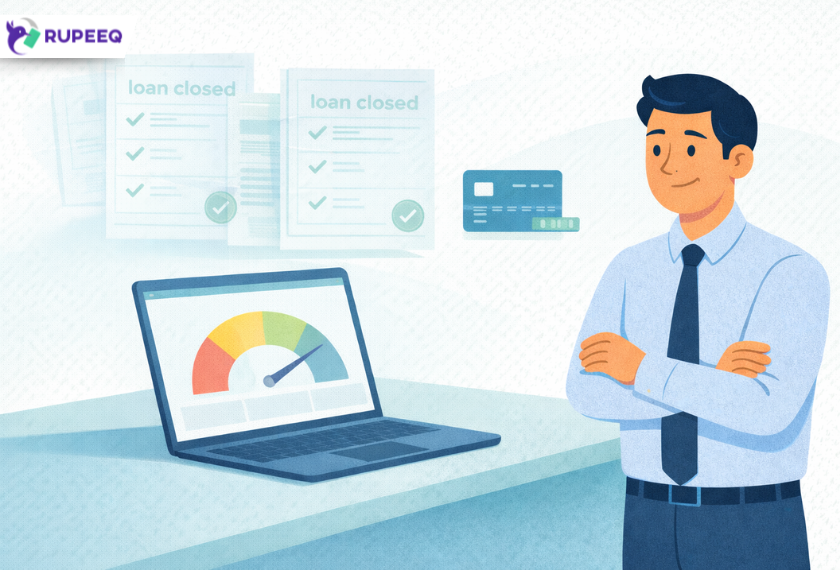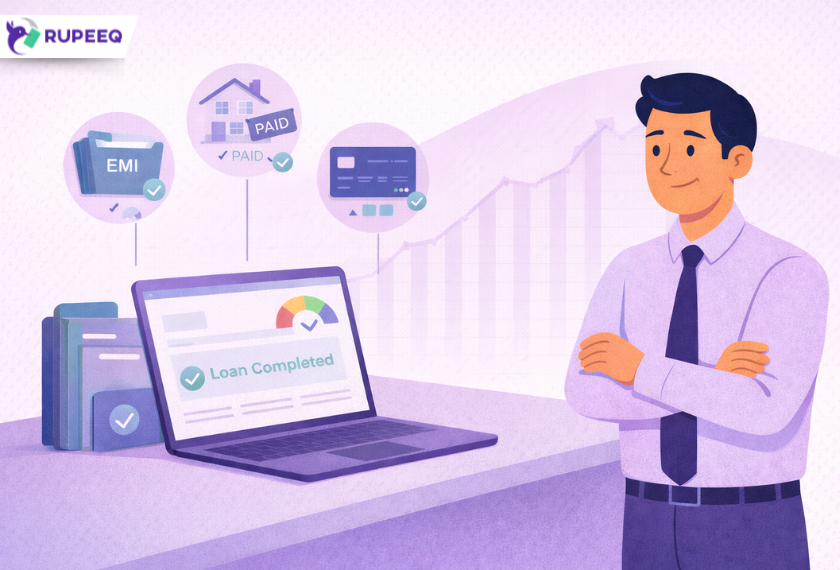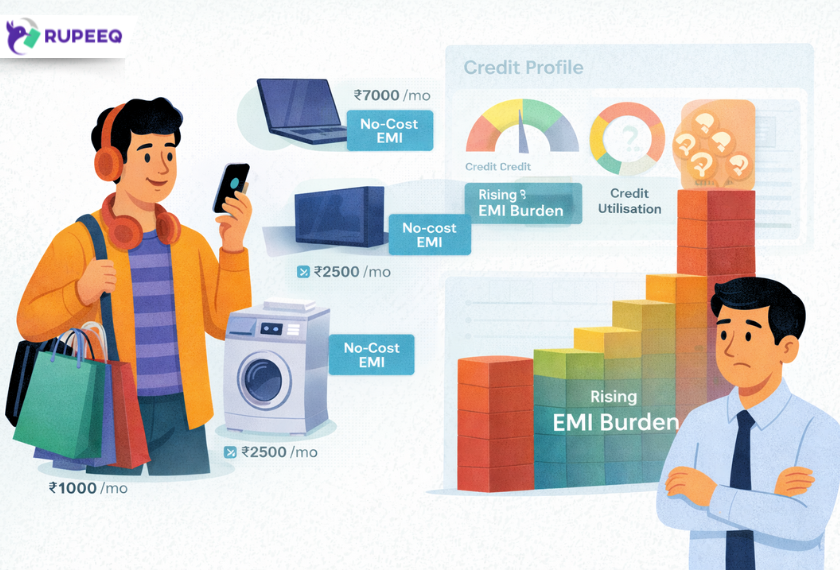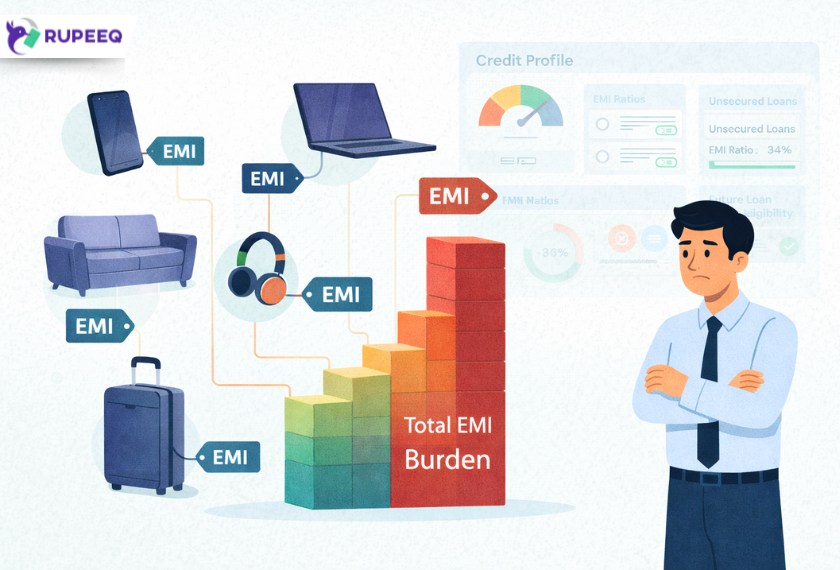Your credit report plays a crucial role in determining your financial credibility. It impacts your ability to get loans, credit cards, and better interest rates. However, errors in your credit report can negatively affect your credit score, leading to unnecessary loan rejections or higher borrowing costs.
If you’ve noticed incorrect information on your credit report, it’s essential to dispute these errors immediately to prevent financial setbacks. In this blog, we’ll guide you through how to identify, dispute, and correct credit report errors, ensuring your financial profile remains strong.
Why Credit Report Errors Need Immediate Attention
Even minor errors in your CRIF credit report dispute can have significant consequences. If left uncorrected, these mistakes can:
Lower Your Credit Score Unnecessarily
A wrongly reported missed payment, default, or high credit utilization can reduce your credit score, even if you’ve maintained good financial habits.
Lead to Loan or Credit Card Rejections
Lenders rely on your credit report to assess your risk level. Errors like duplicate loan entries or incorrect defaults can result in denied applications for loans or credit cards.
Increase Interest Rates on Loans
A lower credit score due to reporting errors may lead to lenders charging you higher interest rates, increasing your financial burden.
Indicate Possible Identity Theft
If you notice loan accounts or credit cards you never applied for, it could mean someone has used your identity fraudulently.
Example:
Rohit applied for a home loan of ₹30 Lakhs but got rejected due to a low credit score. After checking his report, he found an old personal loan marked unpaid, even though he had cleared it. By disputing the error, his score improved, and his loan was approved.
RupeeQ Tip: Before applying for a loan, check your free credit report on RupeeQ ACE, powered by CRIF, to spot any errors early.
Types of Errors You Might Find in Your Credit Report
Credit report errors can occur for various reasons, from clerical mistakes to identity theft. The most common errors include:
1. Incorrect Personal Information
- Wrong name, PAN number, or address.
- Incorrect employment details.
2. Duplicate or Outdated Loan Accounts
- An old closed loan still showing as active.
- A loan or credit card account listed twice.
3. Incorrect Payment History
- A timely payment marked as “missed” or “late.”
- An unpaid loan that has actually been cleared.
4. Credit Limit and Utilization Errors
- Incorrect credit limit for an active credit card.
- Higher-than-actual credit utilization affecting your score.
5. Fraudulent Loan Accounts or Inquiries
- Loans or credit cards you never applied for.
- Unauthorized hard inquiries affecting your score.
Example:
Sneha found two duplicate credit card accounts on her report, reducing her score. She disputed the issue and saw a 50-point increase in her credit score after the correction.
How to Dispute Credit Report Errors and Get Them Fixed
If you’ve identified an error, you need to take immediate steps to dispute and correct it.
Step 1: Get Your Latest Credit Report
- Obtain a free copy of your credit report from RupeeQ ACE or credit bureaus like CIBIL, CRIF High Mark, Experian, Equifax etc
- Review your report in detail to spot any discrepancies.
Step 2: Collect Supporting Documents
To successfully dispute an error, you’ll need proof to support your claim. This may include:
- Bank statements showing timely payments.
- Loan closure documents.
- Credit card statements with correct balances.
Step 3: Contact the Credit Bureau
Once you have identified the errors and gathered the necessary documents:
- Visit the credit bureau’s website and navigate to the “Dispute Resolution” section.
- Fill out the dispute form, mentioning the incorrect details.
- Upload supporting documents and submit your request.
Example:
Aniket found an incorrect ₹5 Lakh personal loan entry in his report. He disputed it with the credit bureau and attached his loan closure statement. The issue was resolved in 30 days, improving his credit score.
How Long Does It Take to Resolve Credit Report Errors?
The timeline for resolving credit report errors varies based on the complexity of the issue.
| Type of Dispute | Resolution Timeframe |
| Incorrect personal details | 10-15 days |
| Duplicate loan entries | 20-30 days |
| Wrong payment history | 30-45 days |
| Fraudulent accounts | 45-60 days |
Most credit bureaus provide an online tracking system where you can check the status of your dispute.
Preventing Future Credit Report Errors
While errors can occur due to various reasons, there are steps you can take to minimize risks and maintain a clean credit report.
1. Check Your Credit Report Regularly
Monitoring your credit report every 3-6 months helps in detecting errors early before they affect your score.
2. Keep Loan and Credit Card Records
Always save loan closure documents, payment receipts, and credit card statements as proof.
3. Avoid Multiple Loan Applications
Frequent applications result in multiple hard inquiries, increasing the chances of incorrect reporting.
4. Secure Your Financial Data
Prevent fraud by avoiding public Wi-Fi for banking transactions, enabling two-factor authentication, and monitoring your credit activity.
What If Your Dispute Is Not Resolved?
In some cases, your credit report error dispute may not be accepted by the bureau. If this happens:
- Follow up with the credit bureau and request a detailed explanation.
- Escalate the issue with the financial institution (bank or lender) that reported the incorrect information.
- If the issue persists, file a complaint with the Reserve Bank of India (RBI) Ombudsman.
Final Thoughts on Disputing Errors in Credit Report
Errors in your credit report can negatively impact your financial opportunities, loan approvals, and interest rates. By regularly checking your credit report, identifying discrepancies, and disputing incorrect entries, you can ensure your credit profile remains strong.
Use RupeeQ’s free credit score tool to check your report and detect errors before they impact your financial future.







